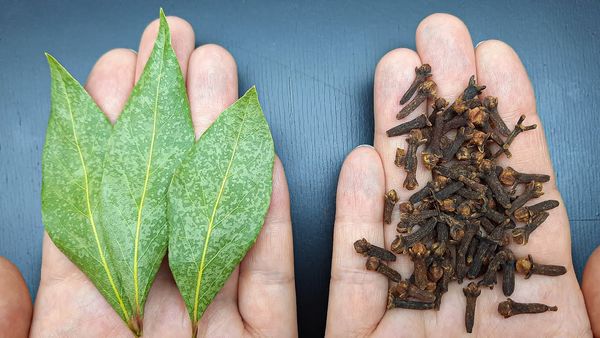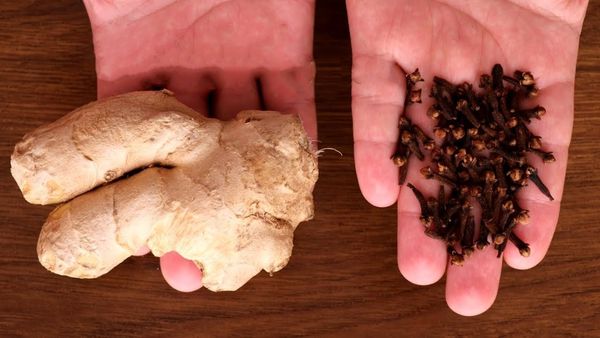Apple cider vinegar (ACV) has been praised as a versatile remedy for various health issues. While it can be beneficial at any time of the day, consuming it before bedtime can provide specific advantages, especially for people between 45-65 years old. Let’s explore how a nightly dose of apple cider vinegar can potentially transform your health and improve your quality of life.
1. Improved Digestive Health
ACV helps with digestion by increasing stomach acid production, which aids in breaking down food more efficiently. Drinking it before bed can alleviate digestive issues like indigestion or bloating that often occur overnight.
2. Stable Blood Sugar Levels
One of the significant benefits of apple cider vinegar is its ability to stabilize blood sugar levels. Consuming it before bedtime can reduce blood sugar spikes during the night, which is especially beneficial for individuals with type 2 diabetes or those managing their blood sugar levels.
3. Enhanced Weight Loss
ACV can aid weight loss by promoting feelings of fullness and reducing appetite when consumed before meals. While research on its effects before bed is limited, maintaining stable blood sugar levels overnight can potentially support weight management.
4. Healthier Skin
Apple cider vinegar’s antibacterial properties can improve skin health by reducing acne-causing bacteria and other skin irritants. Drinking a diluted mixture before bedtime might contribute to clearer skin.
5. Improved Heart Health
Preliminary studies suggest that apple cider vinegar may help improve heart health by lowering blood pressure and cholesterol levels. While more research is needed, making ACV a part of your nighttime routine could potentially benefit your cardiovascular health over time.
How to Consume Apple Cider Vinegar Before Bedtime
Dilute It: Always dilute ACV before drinking to protect your teeth and stomach lining. Mix one to two tablespoons of ACV with a glass of water.
Drink Before Brushing: Consume the diluted ACV before brushing your teeth to avoid potential enamel erosion caused by acidity.
Add Honey: If the taste is too strong, add a teaspoon of honey to the mixture. It can also soothe your throat and improve sleep quality.
Precautions
Although apple cider vinegar offers numerous health benefits, it may not be suitable for everyone. Drinking acidic beverages like ACV, especially in undiluted form, can lead to tooth enamel erosion or digestive discomfort. It’s important to start with a small amount and observe your body’s reaction. People with gastroparesis, sensitive stomachs, or those taking certain medications should consult a healthcare provider before starting an ACV regimen.
Drinking apple cider vinegar before bedtime can potentially improve your overall health, from digestion and blood sugar control to weight management and heart health. Remember to use it in moderation and pay attention to your body’s response. As with any natural remedy, it’s always beneficial to consult with healthcare professionals when needed. Cheers to a healthier you!















